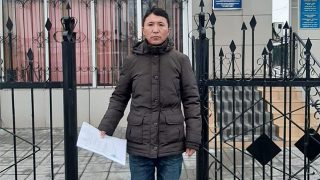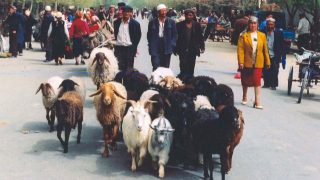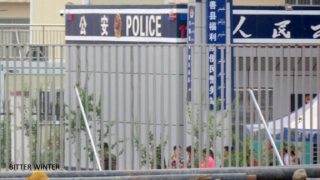Torn between CCP’s pressures and the civil society’s support for the refugees, courts adjourn the hearings of Tilek Tabarak and the Musakhan-Alimuly duo.
by Massimo Introvigne
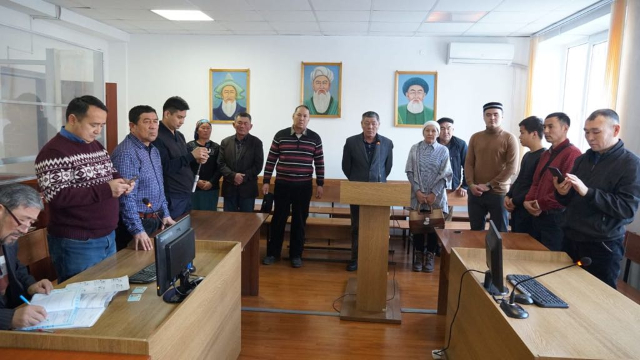
These are difficult days for Kazakh courts, called to judge the cases of Chinese ethnic Kazakhs who escaped Xinjiang and seek asylum in Kazakhstan. Bitter Winter has learned from reliable Kazakh sources that the Chinese Embassy insists that at least one refugee should be deported back to China to set a precedent. At the same time, Kazakh public opinion and civil society largely support the refugees, and know that once they will be sent back to Xinjiang they will disappear in the dreaded transformation through education camps or worse.
Bitter Winter has reported extensively about ethnic Kazakh Muslims in China and their problems when they manage to escape to Kazakhstan, including the recent case of Kaster Musakhan and Murager Alimuly, who managed to enter Kazakhstan on October 1, 2019, by publishing an interview with their lawyer, Lyazzat Akhatova. We also reported about two different organizations claiming the heritage of the old human rights group Atajurt, one recognized by the government and one consisting of independent volunteers, expressing the hope that all can work for protecting the refugees.
2020 came with new developments. Musakhan and Alimuly’s case was scheduled for a hearing on January 6 before the court of Zaisan. Bitter Winter learned that extraordinary measures were taken by the police for preventing both local citizens of Zaisan to attend the hearing and show their support for the refugees, and Kazakhs from other cities to travel to Zaisan for the same purpose. Notwithstanding the measures, some 100 activists defied the police and showed up at the hearing, although some of them were not able to enter the building.
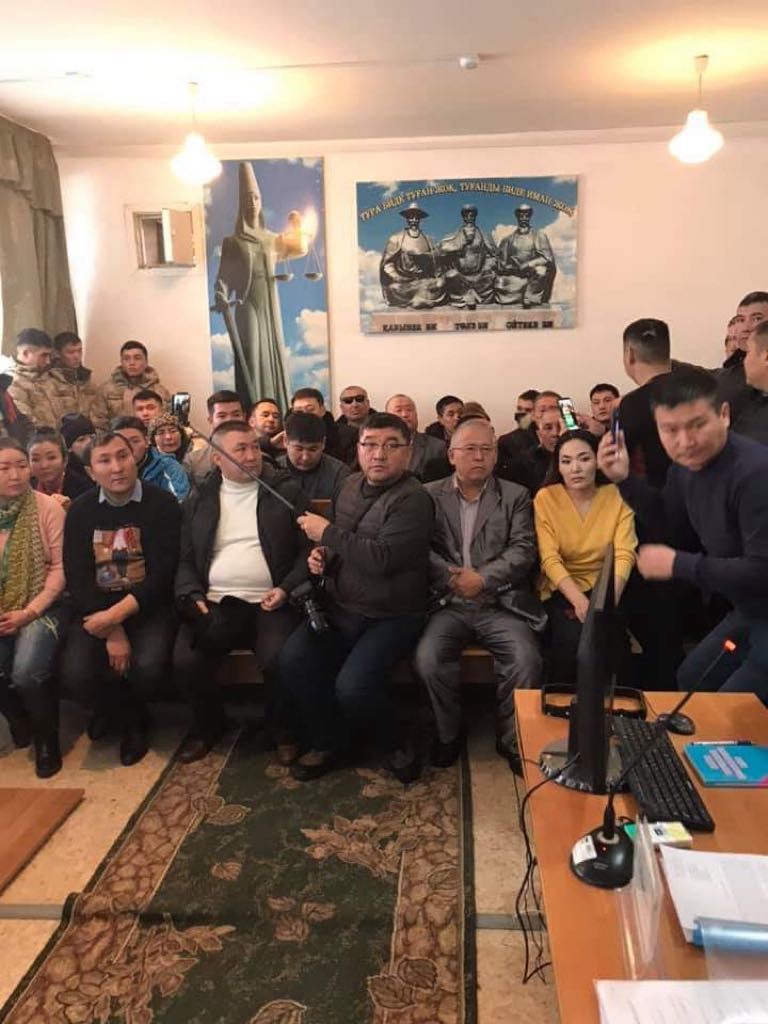
The hearing was short and the judge decided for a postponement to January 21. The lawyer representing the refugees, Lyazzat Akhatova, was not allowed to speak, not to approach the defendants after the hearing together with Alimuly’s sister, who intended to give food and clothing to the prisoners before they would be taken back to the jail in Oskemen.
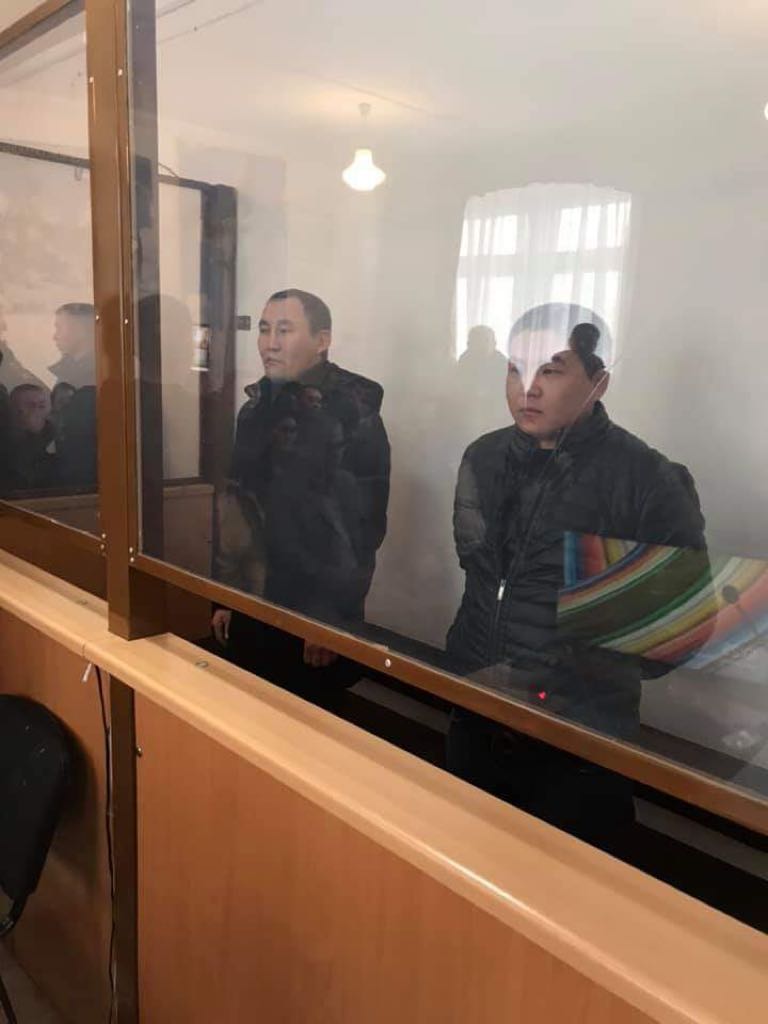
Postponement seems to be the answer of judges torn between the competing pressures of the CCP, which keep reminding Kazakhstan that China is its main trade partner, and of local public opinion. The day before the hearing in Zaisan, the same scenario was enacted in the city of Zharkent during the trial of Tilek Tabarak. He is an ethnic Kazakh who had legally moved from China to Kazakhstan in 2015, had obtained a green card there and was seeking Kazakh citizenship. In late 2017, he visited China, again crossing the border legally. But in China his passport was confiscated and he was threatened by the CCP authorities.
In May 2018, he managed to escape to Kazakhstan. As in other cases, he was afraid of visiting the Immigration Bureau or ask for asylum, as he was afraid he may be deported unceremoniously back to China. On October 23, 2019, the Kazakh police arrested him for having illegally crossed the border. He is supported by the independent human right volunteers competing with the “official”Atajurt for the heritage of the old organization.
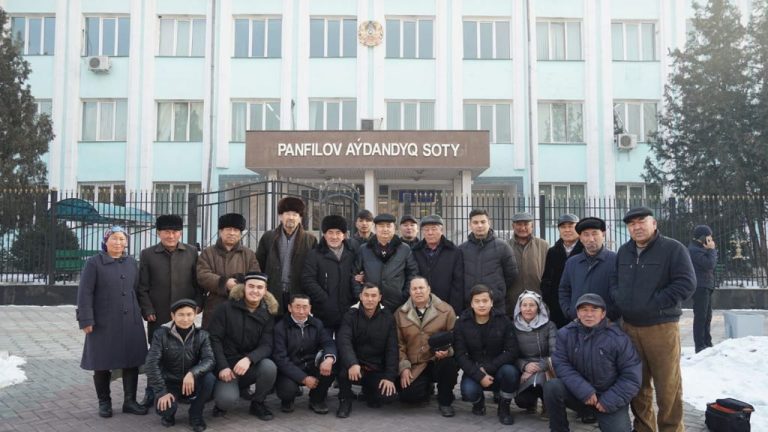
At the hearing on January 5, coincidentally before the same court who handled the well-known case of Sayragul Sauytbay, the court did not ask Tilek Tabarak to appear in person (his lawyer did attend) and adjourned the case to January 16. He remains in jail in Taldykorgan.
Bitter Winter has learned that support by foreign media and politicians (including from Lithuania) was duly noticed in Kazakhstan and is an important factor in preventing (so far) the deportation of refugees back to China. But Chinese pressures also increase, and more international support is needed.
Source: Bitter Winter
